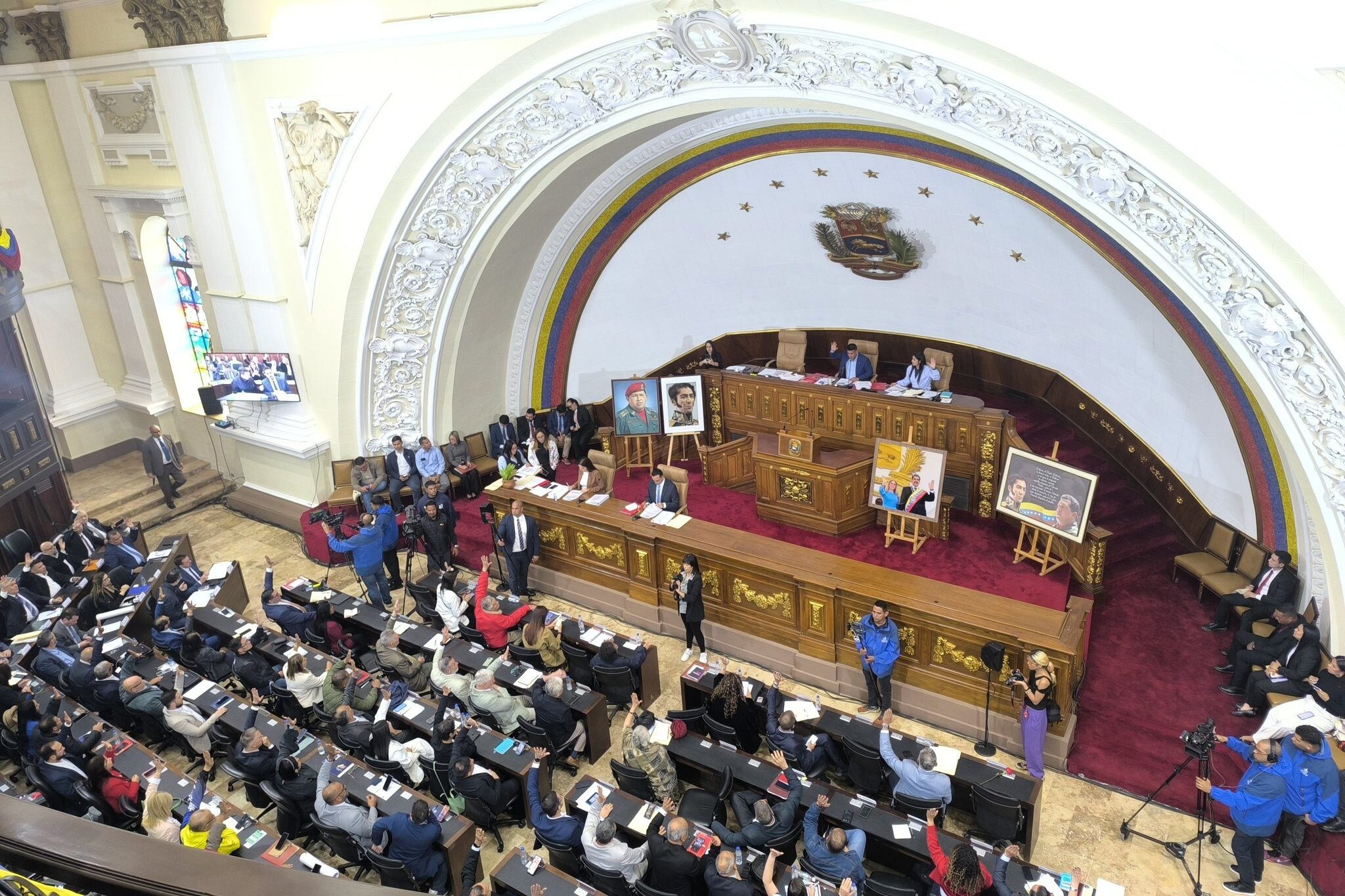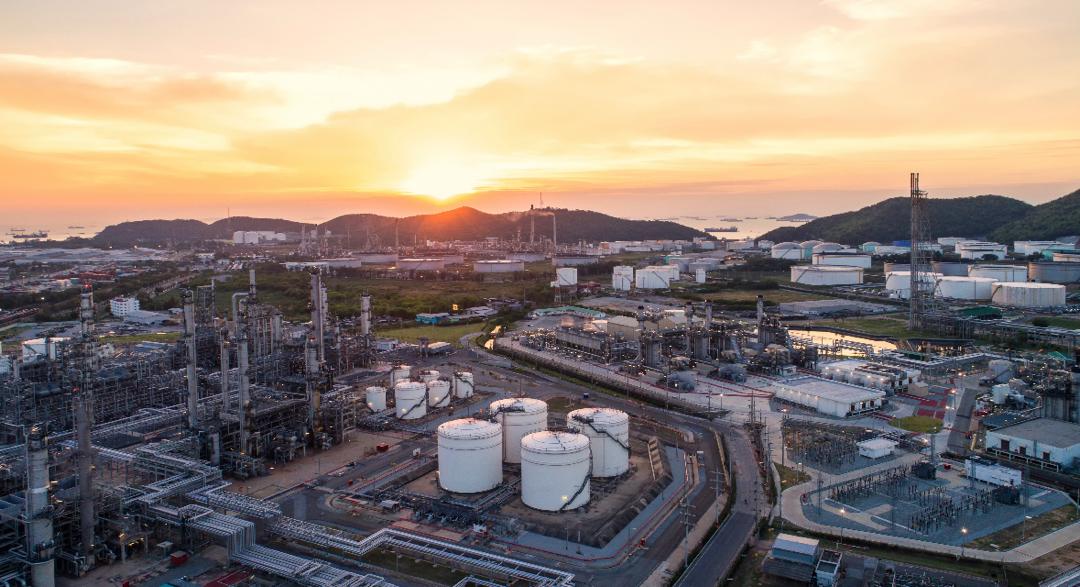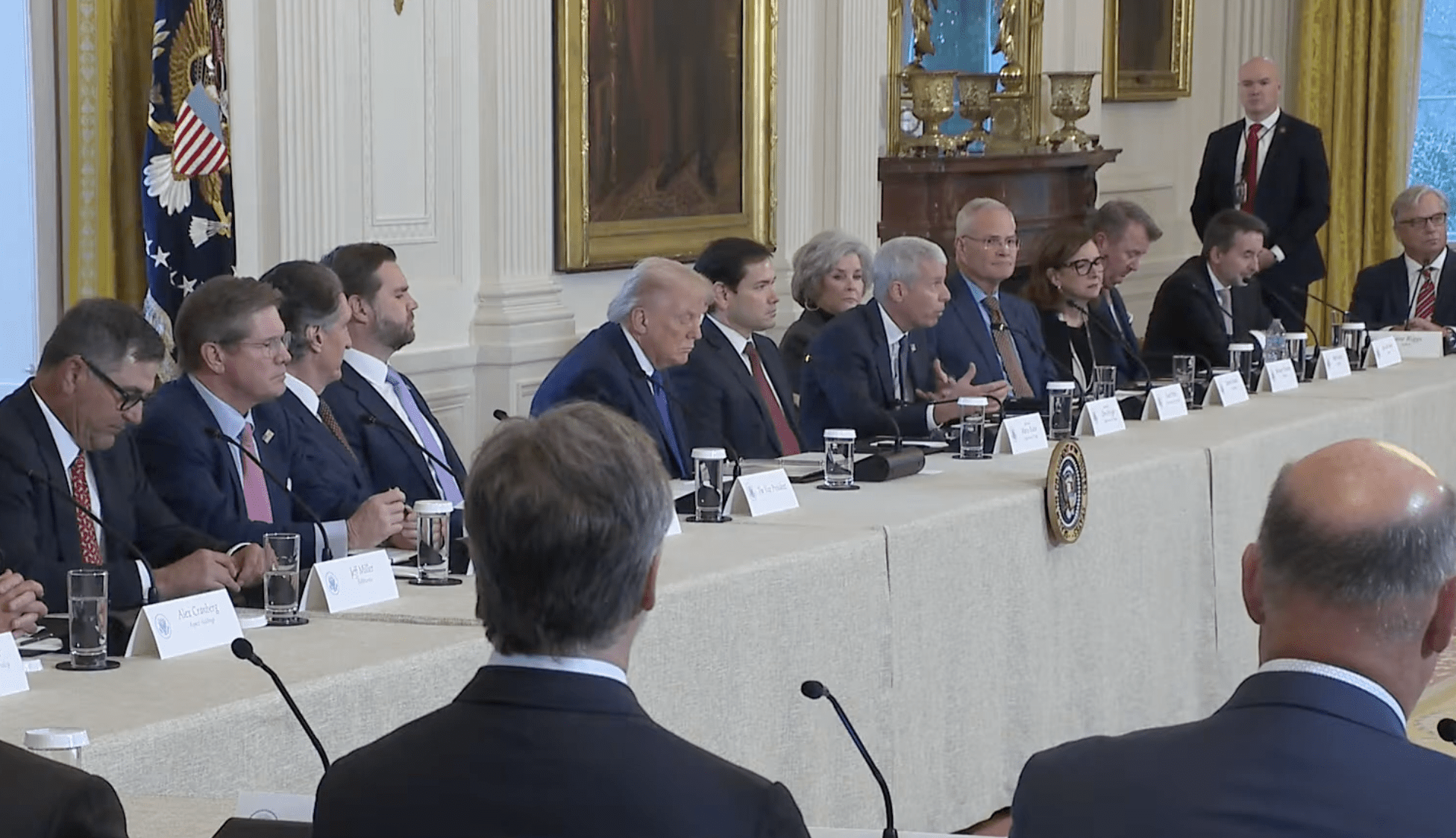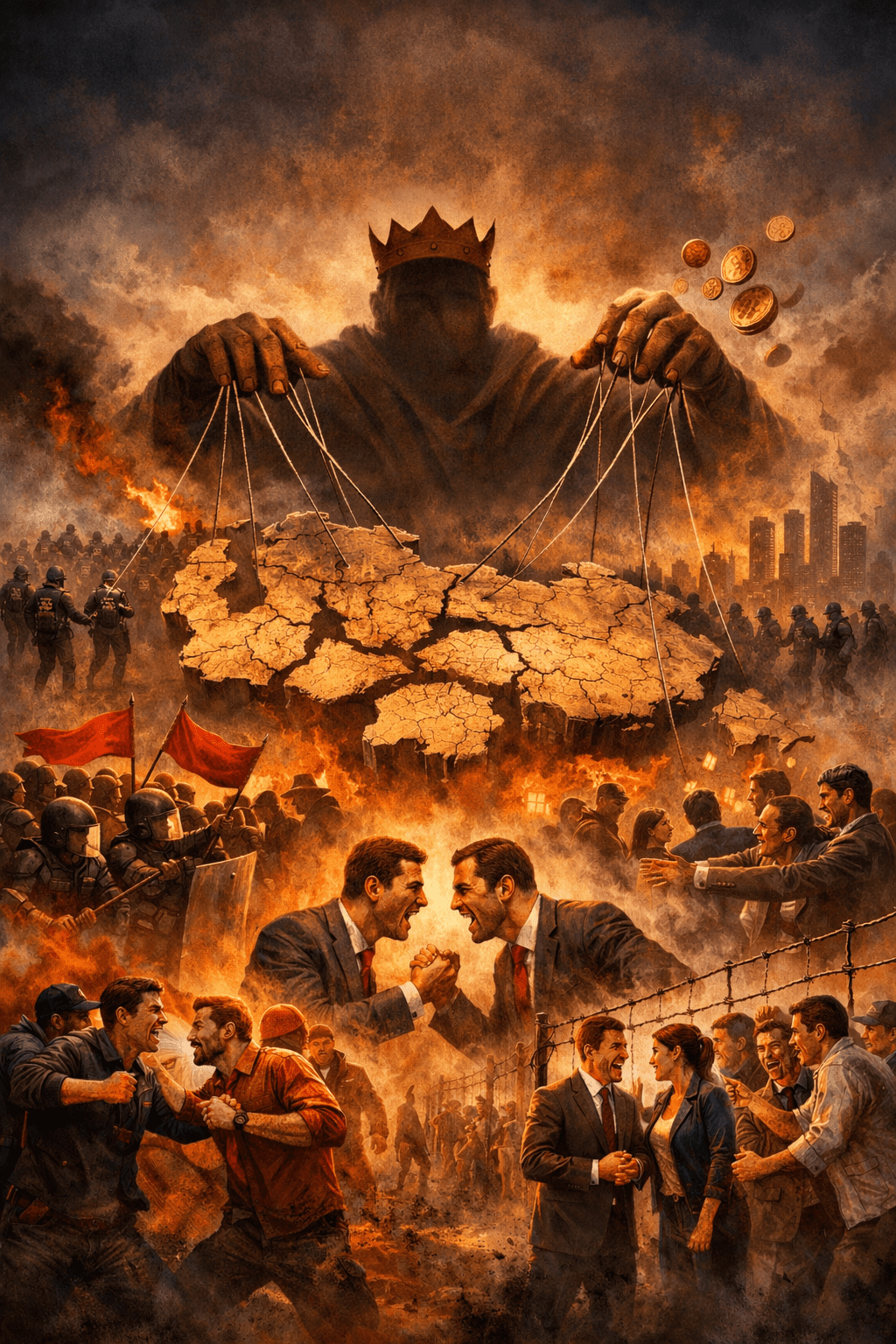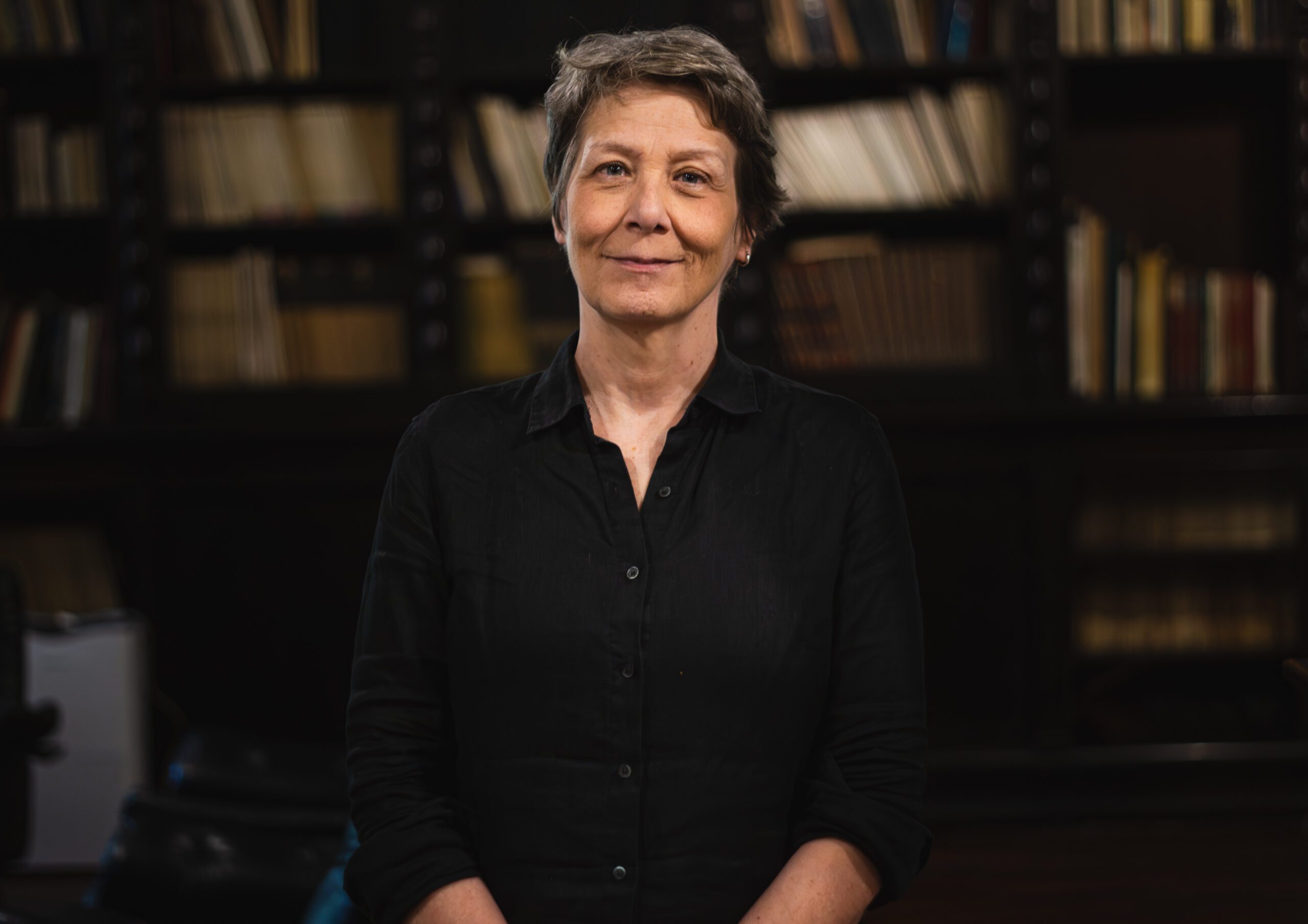Vladimir Putin, President of the Russian Federation, speaks on the phone with Donald Trump, President of the United States. Photo: Image released by the Telegram channel of the Russian Foreign Ministry.
Guacamaya, March 19, 2025. On March 18, 2025, the presidents of Russia and the United States, Vladimir Putin and Donald Trump, held a telephone conversation that marks an important episode in the Ukrainian conflict. Both leaders agreed to a 30-day ceasefire, focused on protecting energy infrastructure and facilitating humanitarian advances, including a prisoner exchange that took place on March 19.
Putin thanked Trump for his willingness to mediate in the conflict and assured that Russia would issue “immediate orders” to comply with the proposed truce. However, Moscow emphasized key conditions: a complete halt to foreign military aid to Ukraine, an end to forced mobilization in the country, and an effective monitoring mechanism for the ceasefire along the contact line. The Kremlin also denounced “acts of terrorism” attributed to Ukrainian groups in the Russian region of Kursk.
Humanitarian Agreements and Bilateral Dialogue
The Kremlin stated that “as a gesture of goodwill, Russia will repatriate 23 severely wounded Ukrainian soldiers receiving medical treatment in its facilities,” in addition to an exchange of 175 prisoners from each side. Trump, for his part, secured Putin’s commitment to ensure “fair and humane” treatment for Ukrainian soldiers surrounded in Kursk if they surrender.
The leaders also discussed maritime security in the Black Sea, agreeing to initiate technical talks to establish concrete measures. Additionally, they explored areas of economic and energy cooperation, along with stabilizing crises in the Middle East and the Red Sea. Russia could play a significant role due to its relationship with Iran.
The call reflected a strategic rapprochement between the two powers. Putin and Trump agreed on the need to normalize relations, highlighting their recent alignment on a UN resolution regarding Ukraine. The creation of joint working groups to design political solutions to the conflict was announced, while Trump backed an unusual cultural proposal from Putin: hockey matches between Russian (KHL) and American (NHL) leagues.
Russia-U.S. Space Cooperation Could Resume:
Simultaneously with the Putin-Trump conversation, the director of the Russian Direct Investment Fund (RDIF), Kirill Dmitriev, expressed interest in strengthening space cooperation between Russia and the United States, highlighting the potential for collaboration with entrepreneur Elon Musk on Mars missions. According to Dmitriev, Russian entities such as the space corporation Roscosmos and the nuclear agency Rosatom possess key technologies that could optimize the efficiency and safety of these interplanetary journeys.
While acknowledging that the Biden administration had deteriorated bilateral relations, Dmitriev noted that the Trump administration showed greater openness to dialogue. He mentioned that, despite tensions, U.S. companies are seeking to re-enter the Russian market, though he warned that some sectors are already consolidated by local or foreign players.
Regarding rare earth metals, Russia offers investment opportunities in deposits, a critical sector for green and electronic technologies.
Dmitriev praised Musk as a “unique leader” whose innovative approach aligns with Russia’s interest in advancing humanity. He emphasized that the collaboration proposal is not limited to Mars but integrates Russian technical expertise into global projects.
The proposal comes at a time when Russia seeks to mitigate Western isolation due to the Ukraine war, exploring alliances in sectors where it maintains competitive advantages, such as space and nuclear. For the United States, it represents a dilemma between leveraging Russian technical capabilities and maintaining sanctions over the Ukrainian conflict.
Russia abandoned the use of the Guiana Space Centre in French Guiana in 2022, the same year it signed a Space Cooperation Agreement with Venezuela, whose geographical conditions are relevant for future space exploration due to its proximity to the Equator.
The initiative reflects a Russian strategy of using high-profile projects to revive pragmatic dialogues, though political and mutual trust barriers persist.
While the dialogue opens a window to détente, tensions remain. Russia insists that any lasting solution must include security guarantees for its interests and the disarmament of Ukraine, while the West views Washington’s role as a mediator with skepticism. The international community awaits the coming days to confirm whether the announced gestures translate into concrete actions.
Geopolitical Chess Game: What Does This Rapprochement Mean for Venezuela?
The rapprochement between Moscow and Washington could have ramifications in Venezuela, where Russia is a key ally of Nicolás Maduro’s government. The call occurred days after Putin and Maduro discussed energy cooperation and security, in the context of increasing U.S. pressure on Caracas: in February, Washington revoked Chevron’s license to operate in Venezuela, tightening sanctions.
The Putin-Trump dialogue also mentioned joint efforts in the Middle East and the Red Sea, reinforcing the idea of a counterbalance diplomacy.
For Maduro, geopolitical alliances have served as a bargaining chip; his rapprochement with Russia, Iran, and China constitutes an important element when negotiating with the United States, seeking to leverage the geopolitical context, as seen in 2022 when the Ukraine war began.
However, tensions persist. Moscow remains a vital partner for Caracas in defense, space cooperation, investments, and political backing in international forums. This could regain importance, as it did in 2019, if the U.S. tightens measures against Venezuela. The withdrawal of Western oil companies leaves a significant gap in Venezuela’s energy market, contrasting with the Biden administration’s actions, which sought to regain ground in Venezuela from rival powers like Russia, Iran, and China when the Ukraine conflict began.
Maduro has used the situation to balance the presence of external actors in the country’s energy market, seeking to negotiate with the U.S. in the so-called Doha Agreements. The Venezuelan government also officially declared itself “neutral” regarding the Ukraine conflict, without recognizing the Donetsk and Luhansk Republics, though Maduro has endorsed Russia’s narrative of “anti-fascism” as a key link in his struggle against the Venezuelan opposition, framing it within a global fight against “the resurgence of Nazism,” led by his ally Vladimir Putin in his conflict with Ukraine.
The Putin-Trump call opens the possibility of a cessation of hostilities in Ukraine, though this scenario has yet to materialize, it could be significant within the geopolitical context of the Venezuelan conflict.
It is important to recall that before the Ukraine conflict, the Russian financial system managed nearly 60% of Venezuelan exports, according to Ecoanalítica, transferring cash dollars to PDVSA, a key element in evading U.S. sanctions and maintaining the country’s income.
Also relevant is the March 2024 revelation by “The Sunday Times” that Boris Johnson, who governed the UK between 2019 and 2022, paused his traditional vacations in the Dominican Republic to make a brief detour to Venezuela, where he met with Nicolás Maduro, perhaps feeling at ease as the former prime minister speaks Spanish fluently.
According to reports, Johnson discussed with Maduro the situation in the Esequibo region, a disputed territory between Venezuela and the former British colony of Guyana, where significant oil interests lie, and which some experts have suggested as a potential conflict zone, as well as “Venezuela’s support for Russia in the war with Ukraine.”
Johnson’s visit is just one example of the implications the Ukraine war has had on Venezuela’s situation. Just weeks after the conflict began, the first rapprochements between the Venezuelan and U.S. governments occurred, leading to negotiations mediated by Qatar.
A potential lifting of sanctions on Russia and its reintegration into the international financial system could provide Venezuela with an opportunity to counter the effects of U.S. sanctions, should the current confrontation and tension persist. Russia could represent a window of opportunity for Maduro, as it did in the past when South Africa and Mozambique, then a Portuguese colony, became key partners for Southern Rhodesia to evade international sanctions, including those from the UN Security Council.
A potential understanding between Trump and Putin, accompanied by an end to the Ukraine war, could allow Russia to refocus its efforts on other regions of the world. While it has not entirely neglected these regions during the conflict, Russia’s presence in Africa remains significant, achieving strategic objectives in regions like the Sahel and countries like Sudan, where it can now reinforce its position in the Red Sea. Additionally, Moscow still has the opportunity to maintain its military presence in Syria, potentially with Israeli backing to counter Turkish advances.
Peace in Ukraine could mean the lifting of sanctions on Russian energy companies like Rosneft and Gazprom, which in 2023 had shown interest in returning to Venezuela but were unable to do so at the time. Depending on the outcome of negotiations between Washington and Moscow, some concessions might allow these companies to resume direct operations in the country. Everything will depend on the unfolding events in Europe. For Trump, Russia is a key element in his struggle against China’s rise as a challenger to U.S. hegemony, something Putin understands and is using to secure favorable conditions beyond the Ukraine situation.
The Ukraine war has accentuated Venezuela’s economic vulnerabilities but also provided opportunities to renegotiate its position on the global stage, though without resolving structural issues like dependence on sanctioned allies and the weakness of its oil industry.
Greater alignment between Washington and Moscow, coupled with a hypothetical end to the Ukraine conflict, opens another chapter of opportunity for Venezuela, and especially Maduro, to renegotiate its global position. Maduro’s cards are oil, the country’s resources, and its geopolitical alliances to pressure, even symbolically, a West that has historically questioned him. These elements will be his bargaining chips as events unfold and reshape the increasingly fractured international order.
However, Maduro faces criticism and questioning from several Latin American countries, the United States, the European Union, and other allies. Caracas will also seek to leverage the distancing between a European Union that does not support sectoral sanctions on Venezuela under the Trump administration, while Brussels seeks closer ties with two other key Maduro allies: the People’s Republic of China and Turkey, a scenario Maduro will watch closely, as it could have its own implications for the Venezuelan conflict.


